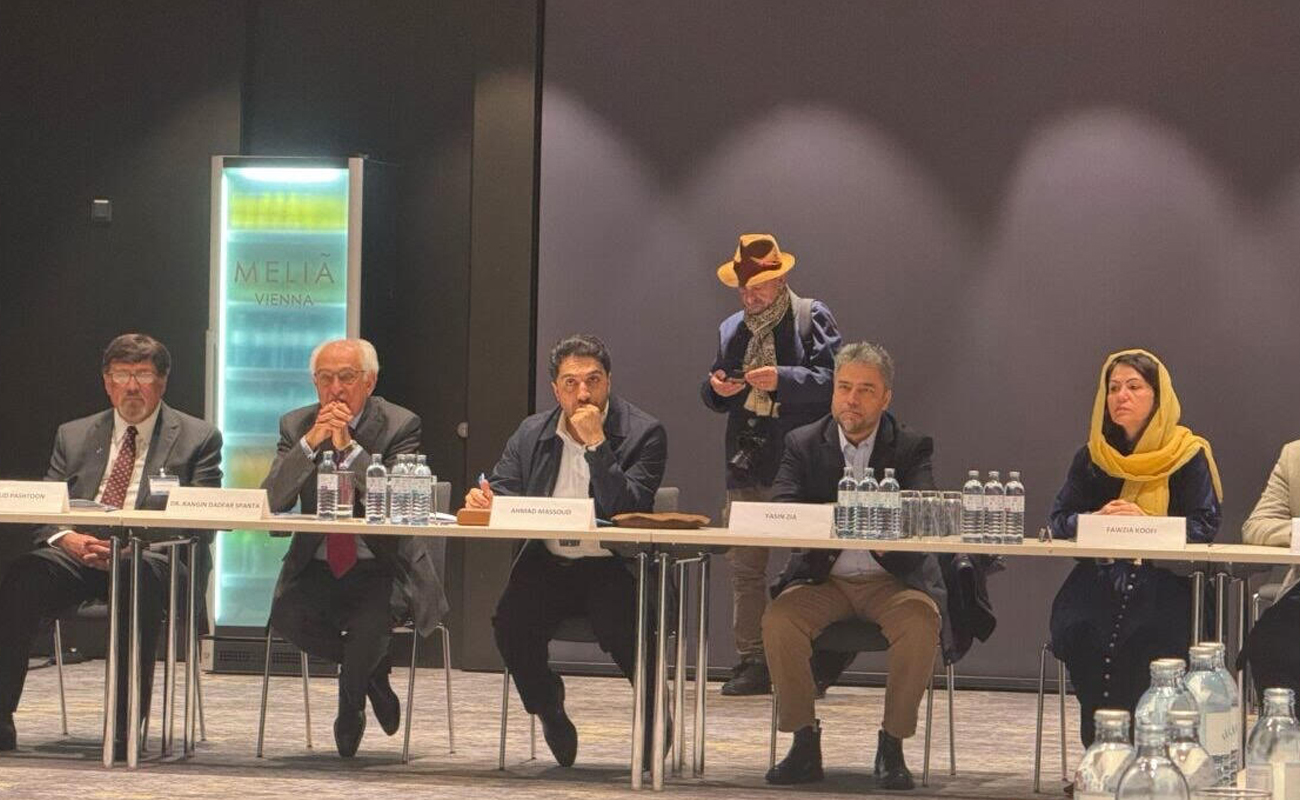Confused Opposition: Four Years of Missed Opportunities
By Abdul Naser Noorzad
August marks four years since the fall of the Republic and its handover to the terrorist Taliban. During this period, the Taliban have ruthlessly suppressed any form of resistance or rebellion, eliminating even the smallest attempts to challenge their ethnocentric and extremist regime.
In these four years, the exiled opposition—composed of former republic officials, powerful jihadi leaders, wealthy technocrats, and vocal critics—has achieved little beyond a few press conferences, reactive statements, and the repetition of outdated slogans. Had this opposition seized lost opportunities and strategically mobilized a broad front against the Taliban, the current situation might have been different. Instead, Taliban-guided diplomacy, supported by their allies, gained more ground and moved toward international recognition.
Today, the lack of unity and leadership has turned the opposition into scattered and ineffective groups. The absence of practical plans and clear strategies has reduced their struggle to repetitive and fruitless media campaigns. This opposition is neither capable of meaningful mobilization nor allows others to play a significant role.
These opposition groups, organized as councils, parties, fronts, and military-political formations, have become platforms for the idle, opportunists, and identity-sellers serving the tribalist regime. Despite their grand names and lengthy meetings, their inability to mobilize internal forces and gain public support has distanced them from the realities on the ground.
Currently, over a hundred political groups and parties, under the banners of political participation, reconciliation, and non-violent compromise, are seeking opportunities to share power with the Taliban. The root of all these developments lies in their constant wait for foreign support. Excessive reliance on external backing has undermined their legitimacy, popularity, and independence.
Their failure to present a credible political alternative has squandered golden opportunities to gain the trust of the international community. Now, regional and global powers are seeking to engage with the Taliban to secure their own interests. While the opposition tries to present itself as a democratic and liberal alternative, it fails to realize that the world prefers a unified, powerful, and internally capable force over fragmented and weak groups.
The opposition’s lack of physical presence inside Afghanistan has created a deep gap between them and the people. Four years of media battles, slogans, conferences, and wavering positions have eroded social capital and widened the divide between the people and the opposition. This erosion, fueled by internal divisions and personal rivalries among leaders, has prevented the formation of a strong and united front capable of competing regionally and internationally.
Instead of focusing on critical issues and prioritizing the real needs of the people, the opposition has become a disconnected voice. They have no practical plan to resolve the current crisis, and the absence of a clear roadmap for power transition has severely weakened public trust and future prospects.
Due to their political immaturity, diplomatic opportunities to pressure the Taliban have been lost to disunity and lack of planning. Most members of these opposition groups neither understand politics well enough to play effectively nor have chosen direct struggle to become an undeniable force.
As a result, the public now sees the opposition as weak, unorganized, dependent, full of empty slogans, inattentive to people’s needs, repeating past mistakes, divided, and fostering distrust. The Afghan people need an active and effective opposition that can offer a real solution to the country’s crisis, not one that becomes part of the problem.
Ultimately, this opposition is neither ethnically unified to form clear lines nor nationally oriented to chart a path for neutral forces and the people. Lost in confusion and lacking self-awareness and understanding of the enemy, the opposition remains uncertain about its own purpose.
Abdul Naser Noorzad was a lecturer at Kabul University. He has an MA in National Security Studies. He has written a couple of books about Afghanistan's security and political situation and has published dozens of articles in English, Persian, and Spanish. His research area includes security and politics.
Academicians and Officials interested to publish their academic pieces on this page, please approach us through: contact@aissonline.org.
The article does not reflect the official opinion of the AISS.

